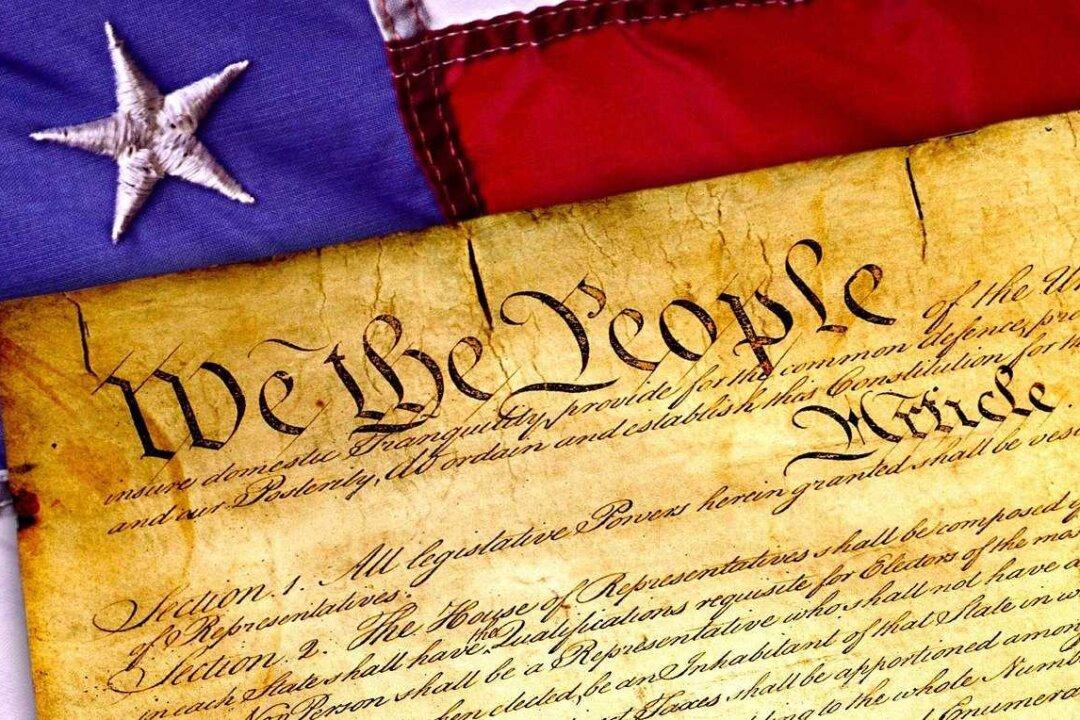Commentary
The Supreme Court has positioned itself as the protector of the Constitution since the days of Chief Justice John Marshall.

The Supreme Court has positioned itself as the protector of the Constitution since the days of Chief Justice John Marshall.